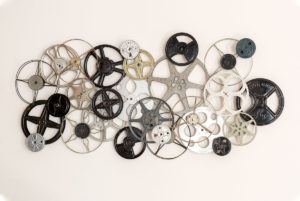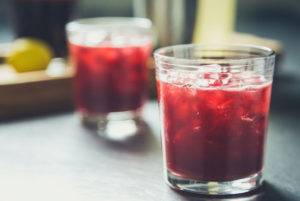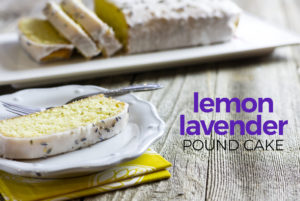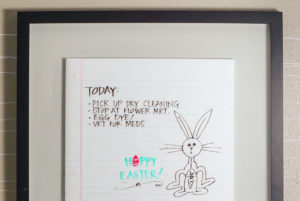We wrap up our month-long series, Today’s Homesteading, with composting. Whether you decide to do it for the free fertilizer or as a means to do your part to “green” up your little corner, composting can be a very rewarding endeavor.
Compost generates the most organic matter for your plants. The waste decomposes until it resembles loamy soil and contains lots of humus. It is about as good as it gets, better than almost anything you can purchase, and it can be at your fingertips in just weeks.
Composting requires four things – water, air, nitrogen, and carbon.
You can easily find a composting vehicle to suit your needs. If you are ready to invest, a tumbler is a great way to go. Not only does it make it easy to for you to complete the task, but many of them have a draining mechanism that allows for the collection of the liquid that is produced during composting called “compost tea”. This is a valuable by-product can also be used as nutrients for your plants. Apartment dwellers may choose to use a worm bin. This takes up much less space and can be used year-round.
If you would rather spend the time than the money you might consider making a compost bin in your back yard. If you have the space, this can be an easy way to deal with some of your waste products, help the earth, and create some rich nutrients for your garden.
savour… mother Earth
COMPOSTING
Basic instructions:
- Build it on well-drained soil in a shady place.
- You can build your bin from just about anything. You might consider standing palettes on their end and attaching them with wire or some wood screws to create a “box” of sorts.
- Add brown (carbon) material first. Make a 5-6 inch layer.
- Next, add green (nitrogen) material. This should be about 2-3 inches.
- Continue layers (watering between each) until your pile is about 4 feet high.
- Mix with a pitchfork after two days.
- Cover with a tarp to keep the rain off of the pile and maintain moisture.
You should know:
- Smaller piles won’t heat up well. Large piles will be to cumbersome to manage.
- Smaller pieces decompose more quickly.
- If the pile gets too wet or too dry it won’t heat up properly.
- A good pile will heat quickly, decompose evenly, and kill off diseases and other unwelcome guests.
- Your compost should be easy to turn.
- Citrus takes longer than many other fruit/vegetable items to break down.
- Your pile needs to stay hot to stay happy. If you follow the instructions your pile should start cooking within days. If you just throw it all together, things will still decompose. It will just take a great deal longer.
- You must keep it wet. Occasionally check about a foot down for moisture. If it is dry add some water.
- Occasional turning is crucial. Having air inside the mix changes everything.
- If you have space consider a separate pile for lots of leaves and twiggy bits in the fall. This matter decomposes more slowly and may slow your kitchen waste composting efforts.
Things you can add to your compost:
- Leaves
- Kitchen waste like eggshells, coffee grounds, fruit and vegetable scraps
- Sawdust
- Wood chips
- Shredded newspaper
- Hair clippings
- Grass clippings
- Shredded mail
- Tea bags
- Dryer lint
Things you cannot add to your compost:
- Dog or cat feces
- Kitchen scraps that include meat, oil, fish, or dairy.







